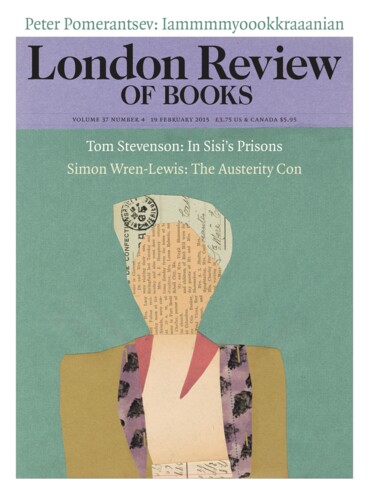Who are the spongers now?
Stefan Collini, 21 January 2016
The central proposal of the Green Paper is to set up a Teaching Excellence Framework as a parallel to the existing Research Excellence Framework, which periodically assesses and scores the quality of the research done in all university departments. On the basis of these scores, league tables are constructed, ranking institutions’ output both overall and in individual disciplines, and central funding for research is distributed accordingly. The TEF will do something similar for teaching.





